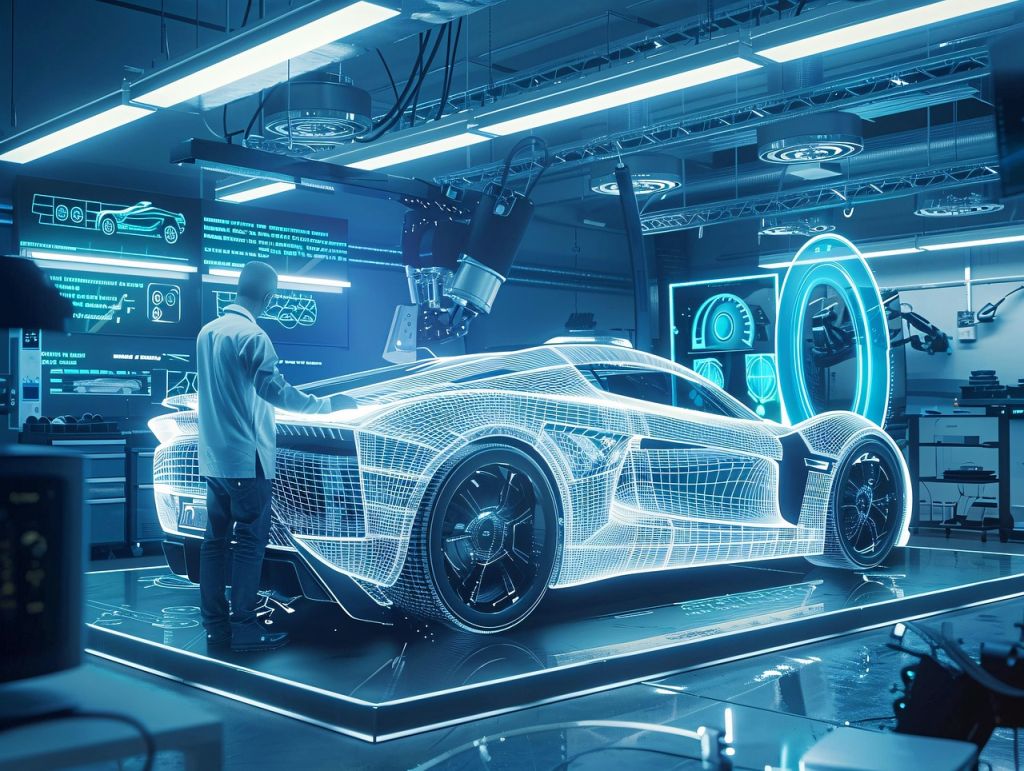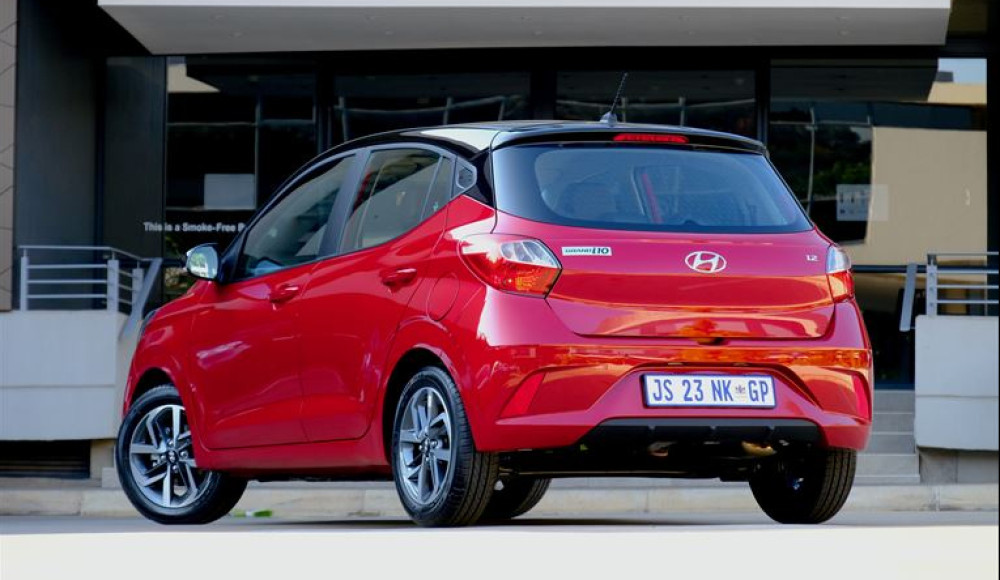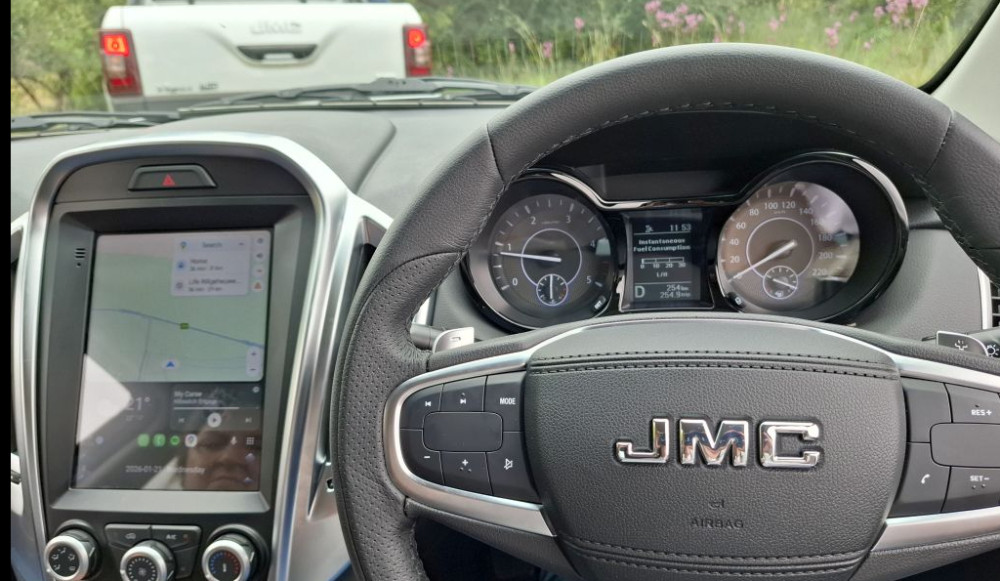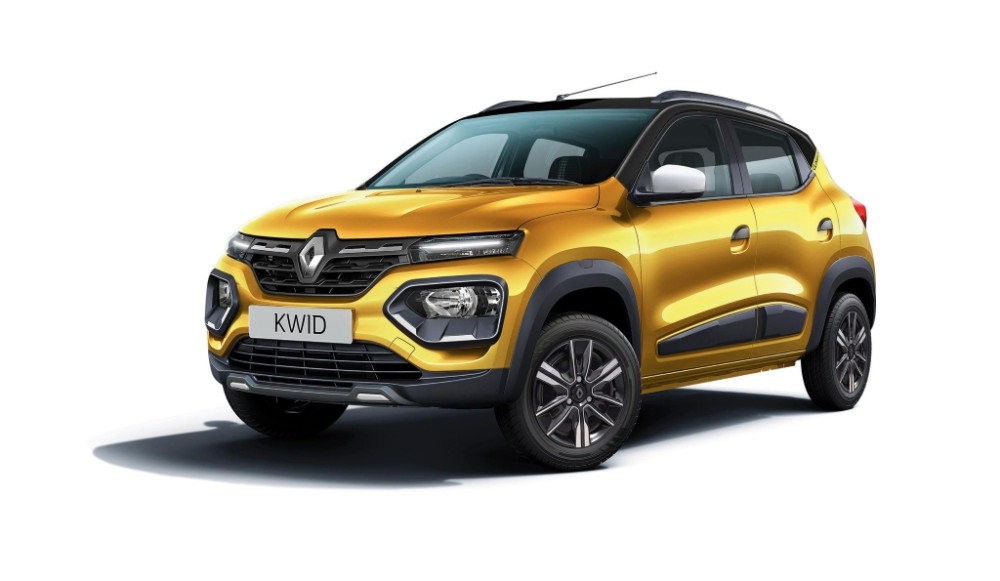Artificial intelligence (AI) is often associated with self-driving cars, but its influence on the automotive industry runs far deeper. From the drawing board to the factory floor and into the hands of consumers, AI is transforming how vehicles are conceived, built and experienced.
For South Africa, where the automotive sector contributes significantly to GDP and employment, understanding these shifts is crucial—not just for manufacturers, but for policymakers and consumers alike.

For the very best selection of low-mileage pre-owned cars click here
The traditional process of designing a car—sketching, prototyping, testing—is being upended by AI-powered tools. Generative design software, which uses machine learning to iterate thousands of design variations, is helping engineers create lighter, stronger and more aerodynamically efficient vehicles. These systems analyse vast datasets to propose optimised designs that human engineers might never conceive.
Professor Justin Barnes, an automotive industry analyst at the University of Johannesburg, notes that AI-driven design is particularly valuable in reducing development time and costs. "Local manufacturers can leverage these tools to compete globally, especially in niche markets where lightweight or customised designs are in demand," he says.
AI is also being used to simulate crash tests and material performance, reducing the need for physical prototypes. This not only speeds up development but aligns with sustainability goals by minimising waste—a factor increasingly important to environmentally conscious consumers.

Starting or running a small business and in need of a bakkie – click here
In manufacturing, AI is enhancing efficiency and precision. Robotics guided by machine learning can adapt in real-time to assembly line variations, reducing errors and downtime. Predictive maintenance systems, which use AI to monitor equipment health, are helping South African plants avoid costly breakdowns—a critical advantage given the country’s unreliable electricity supply.
Dr Martyn Davies, managing director for emerging markets at Deloitte Africa, highlights the potential for AI to address skills shortages in local manufacturing. "Automation doesn’t necessarily mean job losses; it can mean upskilling workers to manage and maintain AI-driven systems," he explains.
Quality control is another area where AI shines. Computer vision systems can detect microscopic defects in paintwork or components far more reliably than human inspectors. For South African exporters, this is vital to maintaining compliance with stringent international standards.

Looking for a safe car for a student then click here
For consumers, AI’s impact extends beyond the showroom. Modern vehicles are increasingly equipped with AI-driven features that improve safety, convenience, and personalisation. Advanced driver-assistance systems (ADAS), such as lane-keeping and adaptive cruise control, rely on machine learning to interpret road conditions. While full autonomy remains distant, these incremental innovations are making driving safer—a relevant benefit in a country with high road fatality rates.
AI is also reshaping vehicle ownership. Predictive analytics can alert drivers to potential mechanical issues before they escalate, reducing repair costs. Insurance companies are experimenting with usage-based premiums, where AI analyses driving behaviour to tailor pricing—a model that could make coverage more affordable for cautious South African motorists.
Inside the cabin, natural language processing enables more intuitive voice controls, reducing distractions. As local infotainment providers integrate these systems, we may see AI tailored to South African accents and languages, enhancing accessibility.
Despite these opportunities, barriers remain. The high cost of AI infrastructure and a lack of local expertise could slow adoption, particularly among smaller manufacturers. There are also ethical questions around data privacy, especially as vehicles become more connected.
The South African government has signalled awareness of these issues. In a recent address, Minister of Communications and Digital Technologies Mondli Gungubele emphasised the need for public-private partnerships to build AI capacity. "We must invest in skills and regulation to ensure technology benefits all stakeholders," he said.
AI’s role in the automotive industry is not about replacing human ingenuity but augmenting it. For South Africa, the technology offers a path to greater competitiveness, provided industry and policymakers work together to address challenges around skills, infrastructure, and regulation.
As Professor Barnes observes: "The question isn’t whether AI will change the automotive sector—it’s whether South Africa will be a leader or a follower in that change."
By embracing AI thoughtfully, the local industry can design better cars, build them more efficiently, and offer consumers safer, more personalised experiences—keeping South Africa relevant in the global automotive landscape.
The revolution may not be as visible as a self-driving car, but its impact will be just as profound.
Colin Windell for Colin-on-Cars in association with
proudly CHANGECARS
Images: Pexels












